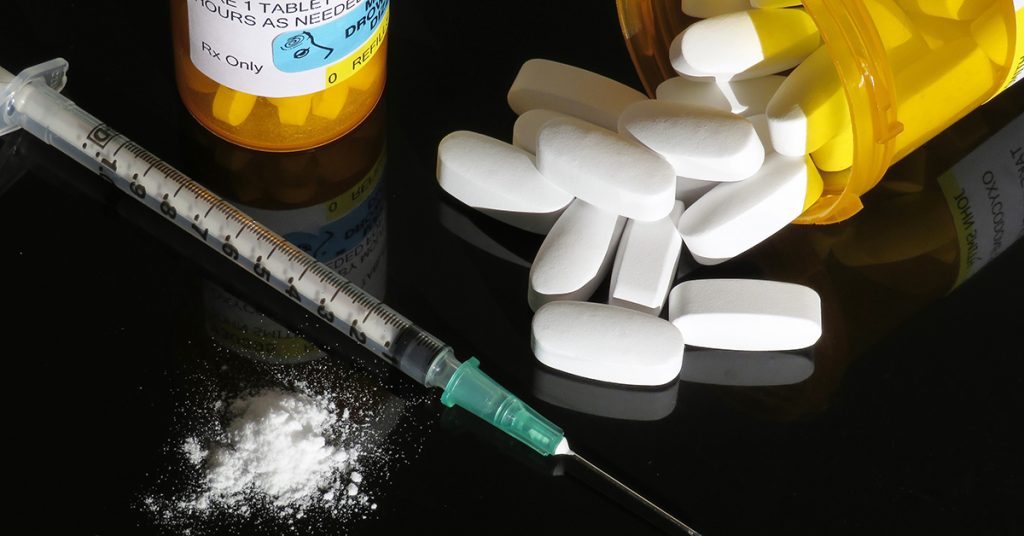Can You Reduce Drug Trafficking Charges?
NEED A DEFENSE ATTORNEY?
Schedule ConsultationCase Results
Two Felony Charges & Four Misdemeanors Dropped
The Client was originally charged with three Felony counts of Fleeing and Attempting to Elude a Police Officer, Battery on a Leo, and Possession of a Controlled Substance. Along side the three felony counts, he was
Show More
Three Felony Charges Dismissed
The Client was originally charged with three Felony counts of escaping from law enforcement custody, resisting officer, and battery on a law enforcement. Defense was able to get the State to agree on a diversion program
Show More
Mandatory Prison charges reduced to minimum Probation time – Adjudication Withheld on all Six Felonies & Three Misdemeanors
After the Client was originally arrested for Robbery charges, while out on bond he got rearrested with new charges. The Client was charged with a total of six Felony counts of Uttering a Forged Instrument (two counts), Grand
Show More
